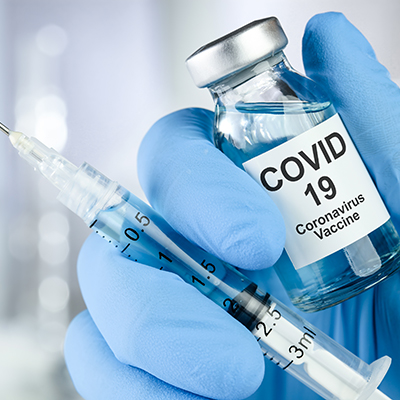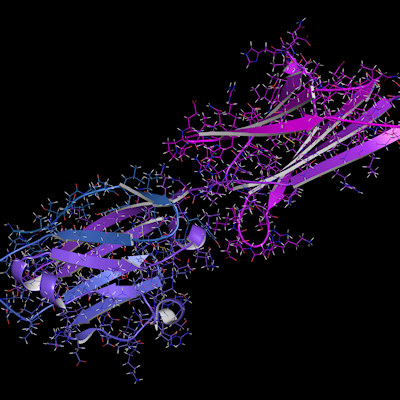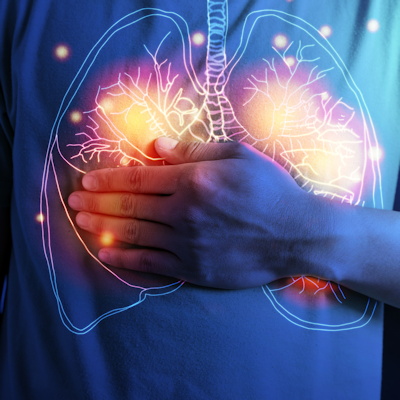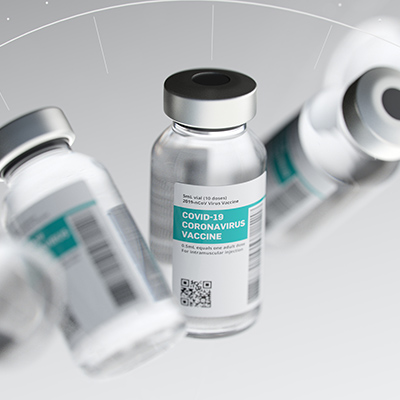January 6, 2023 -- Researchers from Brigham and Women's Hospital and Massachusetts General Hospital investigated the immune response of young adults who developed myocarditis after receiving a COVID-19 vaccine. The study, published January 4 in the journal Circulation, indicated that the risk of developing severe disease from acute COVID-19 infection significantly outweighed the rare risk of post-vaccine myocarditis.
Myocarditis, or inflammation of the heart muscle, is a rare complication that can occur after COVID-19 vaccination. Of every million vaccine doses administered, an estimated 18 myocarditis cases occur -- so rare that finding cases to investigate is challenging.
In most cases, post-vaccination myocarditis is mild and self-resolving. Patients can be treated with steroids to reduce inflammation, with largely favorable early outcomes for young adults. Additional ways to treat and improve these outcomes may result from the study.
Researchers collected blood samples from 61 adolescents and young adults, including 16 who developed myocarditis and 45 who had no complications following vaccination with either the Pfizer BNT162b2 or Moderna mRNA-1273 COVID-19 mRNA vaccines. The team conducted antibody profiling, including testing for SARS-CoV-2-specific humoral responses and assessment for autoantibodies or antibodies against the human relevant virome, SARS-CoV-2-specific T cell analysis, and cytokine and SARS-CoV-2 antigen profiling.
They found antibody responses and T cell responses to be essentially indistinguishable between cases and control groups. However, using Simoa, an ultrasensitive test marketed by Quanterix for detecting single molecules, they found that adolescents who developed myocarditis had markedly higher levels of full-length spike protein in their blood, along with increased cytokines (indicating innate inflammation) and increased troponin (indicating cardiac injury). Adolescents in the asymptomatic vaccinated control group had no detectable spike protein. The team found that anti-N IgG, an immunological marker of recent SARS-CoV-2 infection, was undetectable, suggesting that natural infection was an unlikely contributing factor.
The study was limited by its small sample size and lack of distinction between cause and consequence; it's unknown whether the spike protein is causing heart muscle inflammation, or is a biomarker of immune dysregulation that leads to myocarditis. However, the findings add new insights about post-vaccination myocarditis that could guide future vaccine development, and lead to potential treatment to prevent or reverse this disease.
"While this finding helps us better understand this potential complication, it does not alter the risk-benefit ratio of receiving the COVID vaccines," noted Mass General pediatric pulmonologist and co-corresponding author Dr. Lael Yonker in a statement. "The incidence of myocarditis and other heart-related complications among children infected with SARS-CoV-2 is much higher than the risk of post-vaccination myocarditis."
Copyright © 2023 scienceboard.net











